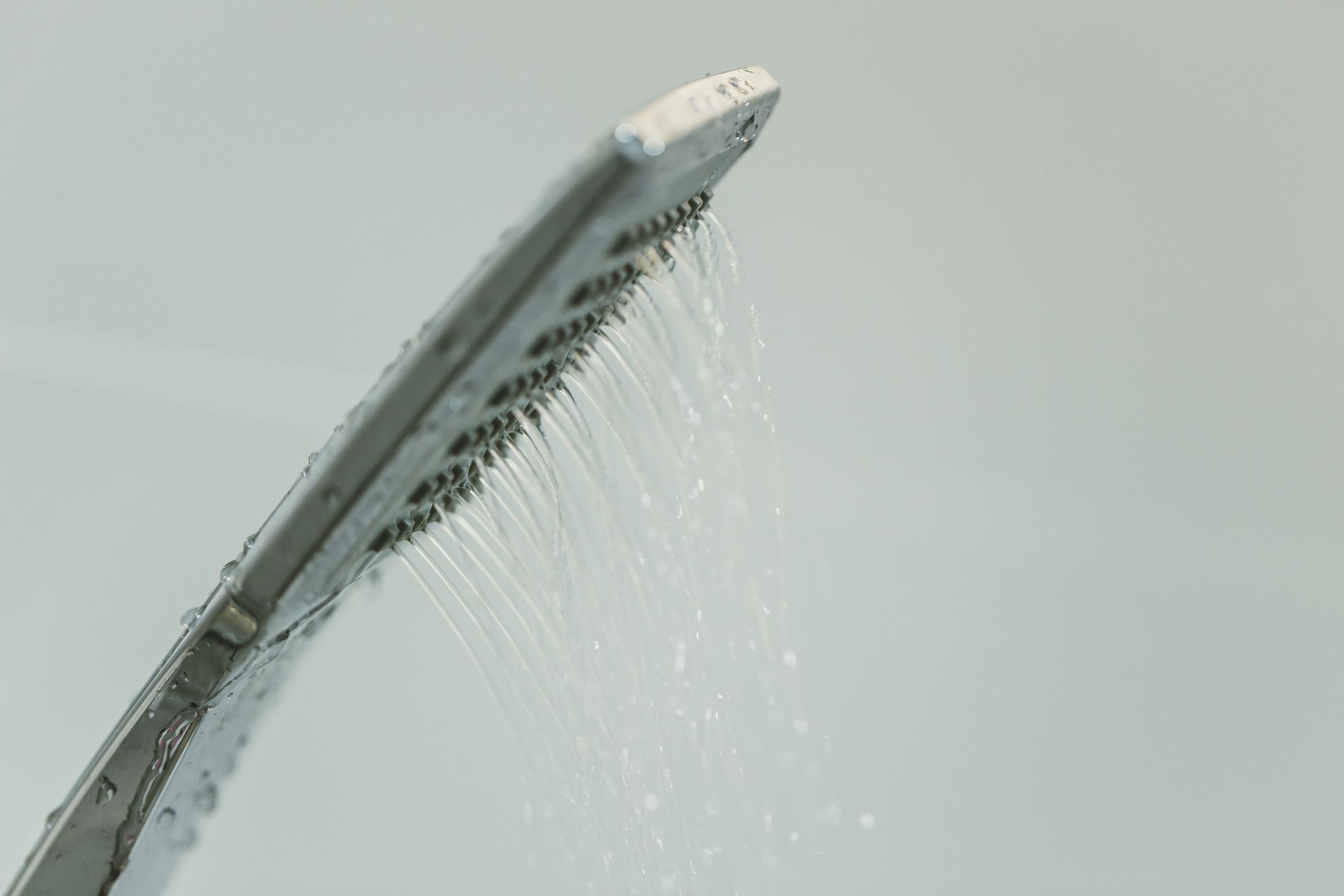Is there anything more frustrating than your shower water pressure being low all of a sudden? The simple act of washing your hair or filling up your tub becomes a tedious nightmare.
When low water pressure affects the whole home, there isn’t a single plumbing fixture that provides adequate “oomph” to do the job efficiently. It will take longer to wash your dishes, your clothes and yourself. And you can forget about washing your car or watering your lawn. To help fix the problem, here are some common causes of low water pressure to look out for.
Why Your Water Pressure is Suddenly Lower
- It’s the city’s fault – The problem may not have to do with your own plumbing system. Just like residential plumbing, municipal water lines are also subject to clogs, corrosion, leaks and other malfunctions that will affect your water pressure. If you experience a sudden decrease in pressure, give your utility company a call to see if there have been any issues that would impact your neighborhood.
You can also check the valve at the water meter. It could be that a utility worker partially closed the valve, in which case you’ll have to arrange for the city to open it back up again. Also, check the main shut-off valve while you’re at it. The main shut-off valve, which opens and closes the water supply into your home, is typically located inside near the water heater or outside near the water meter. It’s possible someone adjusted it during a repair. Make sure it’s open all the way.
- You’ve got a leak – A large leak in your private water service line, which branches off from the public water service line, can cause a drop in water pressure affecting all of your home’s plumbing fixtures. To see if you have a leak, shut off all the taps inside and outside and take note of the water meter. Check the meter again an hour later. If it indicates you’re still using water, you have a leak.
- Your pipes are corroded – Pipes don’t last forever. As old, galvanized steel pipes wear out, they’ll develop leaks. There are some very obvious red flags that your plumbing is corroded, including rust-colored water or water with visible metallic flakes. Sometimes, however, the signs are not so obvious. It’s worth having them inspected by a professional plumber who knows what to watch for. Worst case scenario, you’re looking at a whole pipe replacement. A qualified plumber will upgrade your plumbing system to copper or flexible plastic piping. It’s an expensive job, but it will add value to your home, prevent further problems and give you peace of mind knowing your plumbing will last decades to come.
- You have hard water – Scale buildup on plumbing fixtures can slow down water to a trickle. You can remove limescale from fixtures using white vinegar, however, this is only a temporary fix. A buildup of magnesium and calcium will continue to clog faucets and eventually form blockages within the pipes if left untreated, severely reducing water pressure. Invest in a water softener to prevent this from occurring.
- Your pressure regulator is on the fritz – You may have had a pressure regulator installed at some point. This is a control valve that regulates the flow of water through your plumbing system. When it fails, either water pressure will be too high, threatening to damage the pipes, or water pressure will drop dramatically. You can perform a quick test to see if it’s still functioning: Attach a water pressure gauge to a hose spigot closest to the main line. If the gauge reads below 52 pounds per square inch, your regulator may have failed.
- Your water heater is broken – If you only experience a drop in pressure when using hot water, chances are good that the problem is with your water heater. The likely cause is scale buildup pinching off the hot water supply line.
Bottom line: Causes of low water pressure range from minor issues to major problems. Fortunately, at Mark Johnson Plumbing, we’re equipped to fix your plumbing and get your water flowing again.


